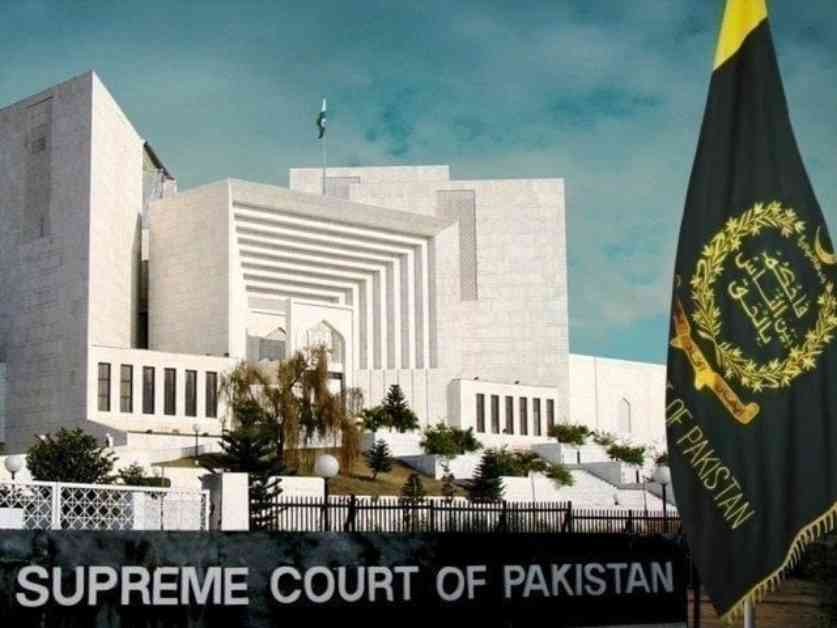The recent reorganization within the Supreme Court has ignited a heated conflict among senior judges, leading to the removal of four justices from key administrative committees. Chief Justice of Pakistan (CJP) Yahya Afridi’s restructuring initiative has reshuffled the composition of various committees, replacing senior justices with their junior counterparts. Notably, Justice Syed Mansoor Ali Shah, Justice Munib Akhtar, Justice Ayesha Malik, Justice Athar Minallah, and Justice Aqeel Ahmad Abbasi have been excluded from pivotal roles within the Supreme Court.
Justice Mansoor Ali Shah, previously serving in an advisory capacity at the Federal Judicial Academy (FJA), was among those who faced removal from their committee positions. Additionally, Justice Munib Akhtar and Justice Ayesha Malik were excluded from the Law Clerkship Programme Committee, a decision that has raised eyebrows within the legal community. Justice Aqeel Ahmad Abbasi has been relieved of his responsibilities within the SC Building Committee, while Justice Athar Minallah no longer serves on the Supreme Court’s Archive and Museum Committee.
The exclusion of these esteemed judges from key committees stems from their opposition to the elevation of high court judges to the Supreme Court. Despite initial hopes for a resolution of conflicts under Chief Justice Afridi’s tenure, tensions have only escalated. Legal experts speculate that a different approach, such as convening a full court to address petitions against the 26th Constitutional Amendment, might have yielded more favorable outcomes.
Conflict of Interest
Justice Shah and Justice Akhtar, who formed a majority within the committee, had advocated for the constitution of a full court to address the petitions related to the amendment. However, CJP Afridi diverted the course by convening a meeting of the Judicial Commission of Pakistan (JCP) to appoint judges to the constitutional bench. The subsequent delay in hearing the petitions and the government’s influence in judicial appointments have raised concerns about the judiciary’s integrity and independence.
Standoff and Boycott
The discord among Supreme Court judges reached a boiling point during a JCP meeting to consider new Supreme Court appointments. Four justices opposed the appointments, emphasizing the need to decide on the pending application for a full court hearing on the 26th Amendment first. Chief Justice Afridi’s comment about “corporate judges” not fulfilling their responsibilities added fuel to the fire, particularly targeting Justice Shah and Justice Akhtar. Following a boycott of the JCP meeting on SC appointments, both justices were promptly removed from essential administrative committees.
The ongoing standoff reflects a clash between those benefiting from the 26th Amendment and the judges expressing grievances over its implementation. The power dynamics and dissent within the Supreme Court have sparked debates about judicial independence, accountability, and the sanctity of legal processes.
As the legal fraternity closely monitors these developments, the implications of these internal conflicts on the larger judicial landscape remain uncertain. The delicate balance between judicial autonomy and external influences continues to be tested, underscoring the intricate interplay between legal principles and institutional dynamics in shaping the course of justice.
The evolving narrative within the Supreme Court underscores the complexities and challenges inherent in upholding the rule of law while navigating internal dissent and external pressures. As the judiciary grapples with these issues, the need for transparency, accountability, and collegiality remains paramount to safeguarding the integrity and credibility of the judicial system.









